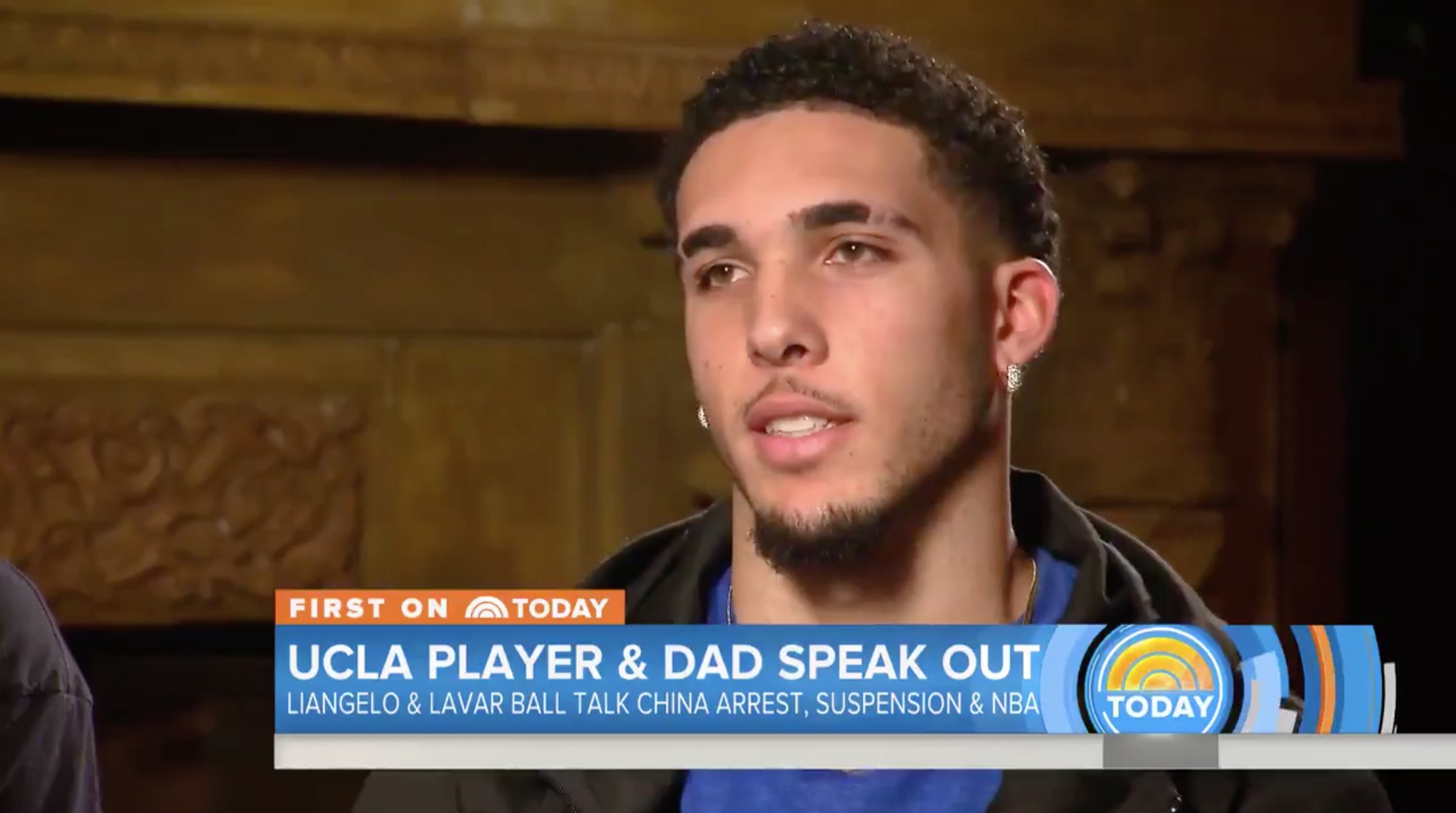ARTICLE AD
Former Vice President Atiku Abubakar’s Monday visit to former President Olusegun Obasanjo in Abeokuta has reignited conversations about his political future and the potential realignment of forces ahead of the 2027 presidential election.
While Atiku has publicly dismissed any linkage between the meeting and his electoral ambitions, the political undercurrents suggest otherwise.
Atiku, who was the presidential candidate of the Peoples Democratic Party (PDP) in the 2023 election, arrived at the Olusegun Obasanjo Presidential Library (OOPL) on Monday alongside a high-profile entourage, including Senator Abdul Ahmed Ningi, former Cross River State Governor Liyel Imoke, and former Sokoto State Governor Aminu Tambuwal.
The presence of these influential figures, all with deep political networks, has fueled speculations about strategic consultations for 2027.
Despite insisting that the visit was merely a courtesy call, Atiku’s political history suggests a pattern.
In the lead-up to the 2023 election, he similarly visited Obasanjo, a move widely interpreted as an attempt to seek the elder statesman’s endorsement.
While Obasanjo did not publicly throw his weight behind Atiku then, the former president remains a formidable force in Nigerian politics, with the ability to shape alliances and influence electoral outcomes.
The meeting comes at a time when opposition forces are recalibrating following their defeat in 2023.
With President Bola Tinubu consolidating power, the PDP faces an uphill task in repositioning itself as a viable alternative.
Atiku’s continued engagement with key stakeholders signals his intent to remain a central figure in this equation.
His alliance with Tambuwal, a strategic power broker in the North, and Imoke, a key player in the South-South, hints at a broader coalition-building effort.
While Atiku’s denials may serve as a temporary smokescreen, the reality is that early preparations are crucial in Nigerian politics.

 22 hours ago
3
22 hours ago
3 

